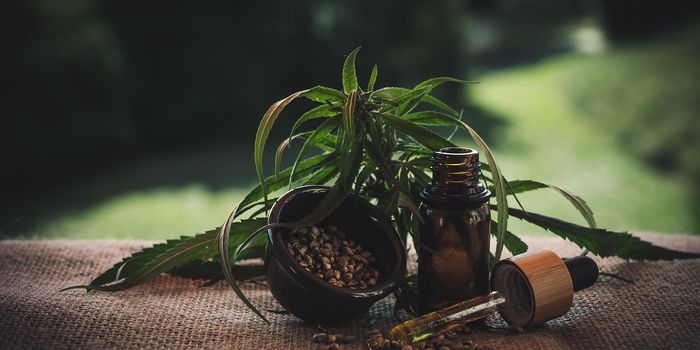CBD and THC are Safe Supplements to Opioid Treatment
A recent study found that it is safe and effective to use cannabidiol (CBD),∆9-tetrahydrocannabinol (THC), and CBD/THC mixtures as adjuvants to opioid therapies. The study conducted by the University of Texas, San Antonio indicated that combining cannabinoid compounds with opioids enhanced the pain-relieving properties of opioids did not increase the risk for opioid addiction in an animal model using rhesus monkeys. This study adds to a growing body of evidence demonstrating the safety of cannabis and that cannabinoids might safely activate opioid’s antinociceptive effects without stimulating its rewarding effects.
In the model, THC enhanced the acute antinociceptive effects of opioids in rhesus monkeys but did not cause physical dependence, hypoventilation (ventilatory depression), or other problems usually associated with opioids. According to Dr. Lawrence Carey, University of Texas Health Science Center, “there is intense interest in using medical marijuana in patients with chronic pain because compounds in marijuana like CBD and THC may produce pain relief themselves or enhance the pain-relieving effects of opioids.” Cannabinoid treatment can provide pain relief and potentially lower the dose amounts of opioids prescribed. Requiring less pain medication reduces the risk of physical opioid dependence.
Evidence from a growing number of rodent studies has also pointed to the potential of CBD to decrease opioid addiction. The National Institute of Health (NIH)’s Helping to End Addiction Long-Term (HEAL) Initiative has also focused on using cannabinoids as an alternative to opioid-based treatments. Dr. Yasmin Hurd, Director of the Addiction Institute at the Mount Sinai Ichan School of Medicine, explains that the HEAL Initiative is exploring using CBD to treat opioid use disorder as a non-addictive alternative to commonly used opioid-based treatments. Using data collected on the molecular changes in the brains of those who have died from opioid abuse, HEAL researchers have designed large clinical trials based on the findings of preclinical trials involving animal studies. In previous studies, Hurd and her research team found that CBD can decrease heroin-seeking behavior and reverse some of the neurobiological changes caused by heroin. Hurd believes that CBD can play a potentially powerful role in treating opioid addiction and the HEAL Initiative has allowed NIH to be more “bold and unconventional.”
Sources:
Eureka News Alert, Experimental Biology 2022, NIH








